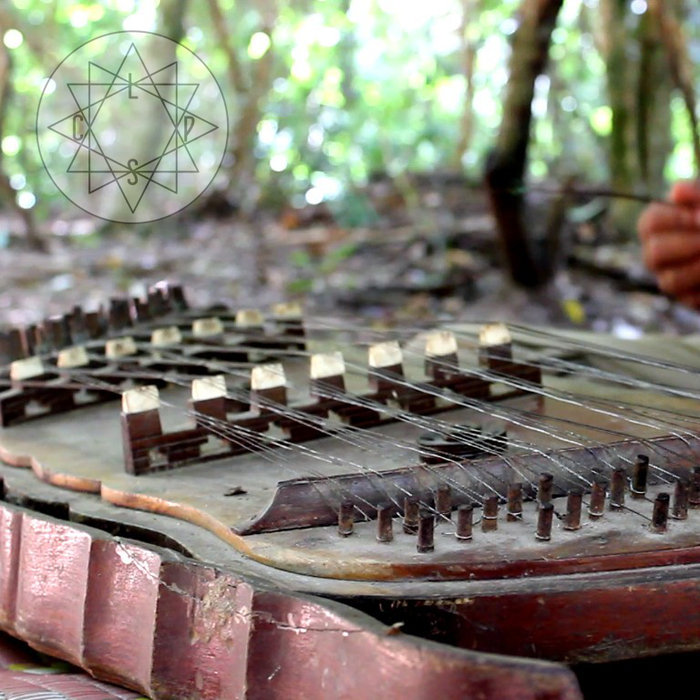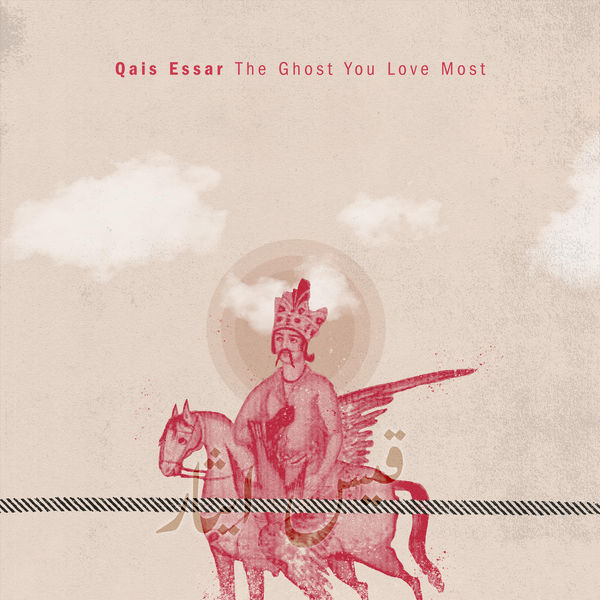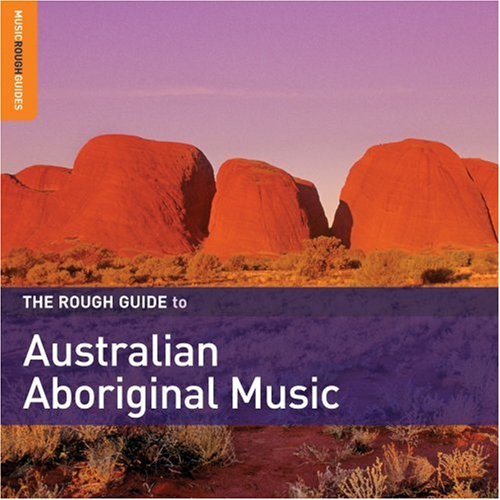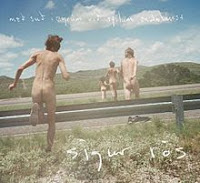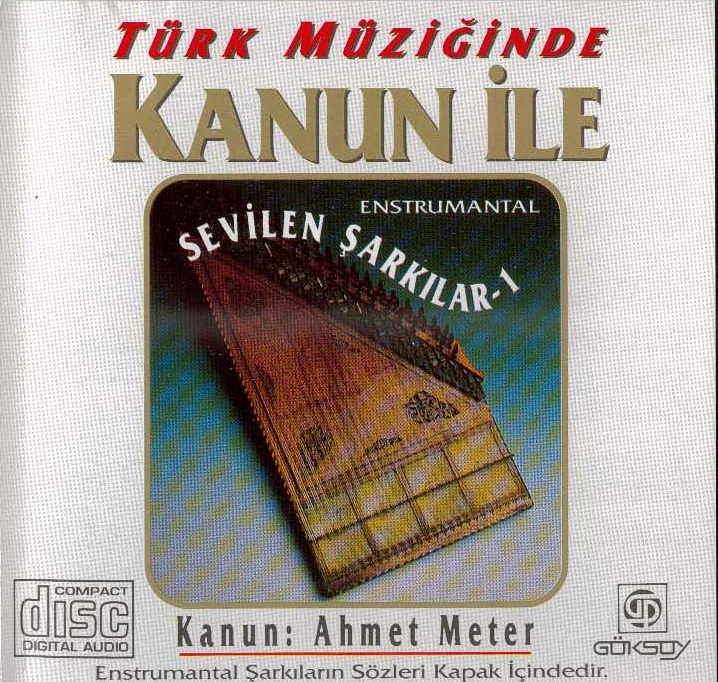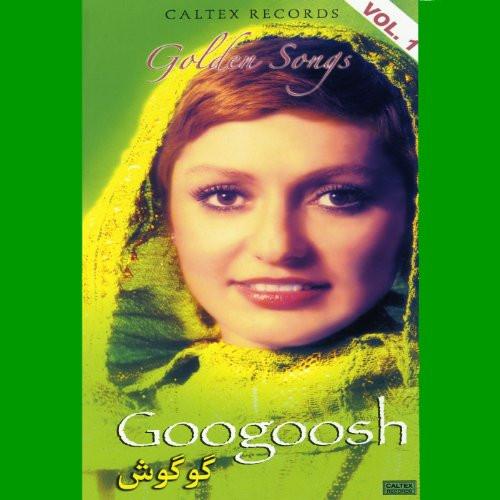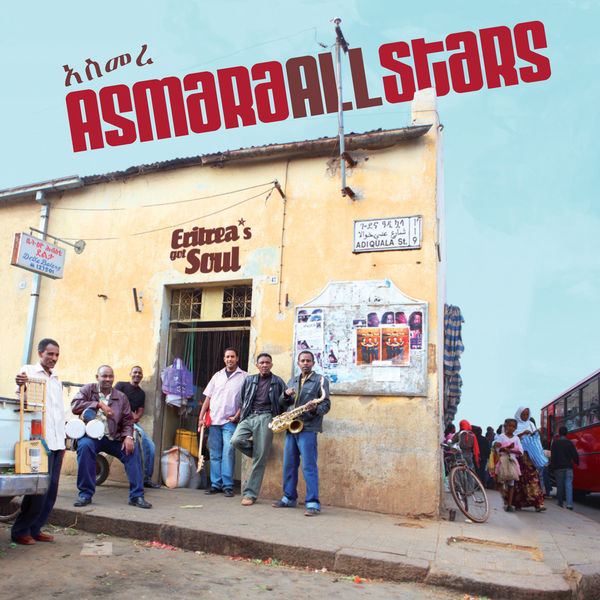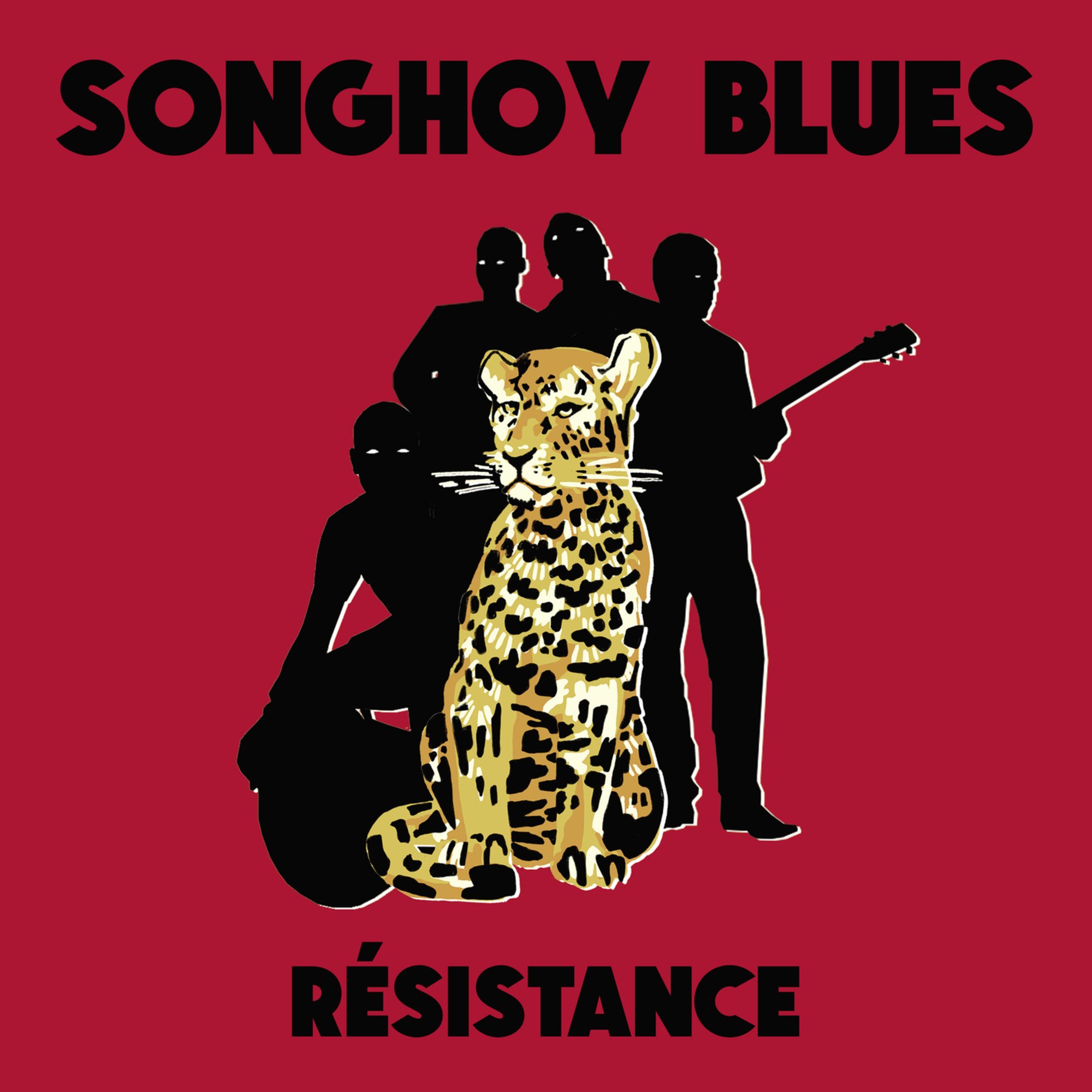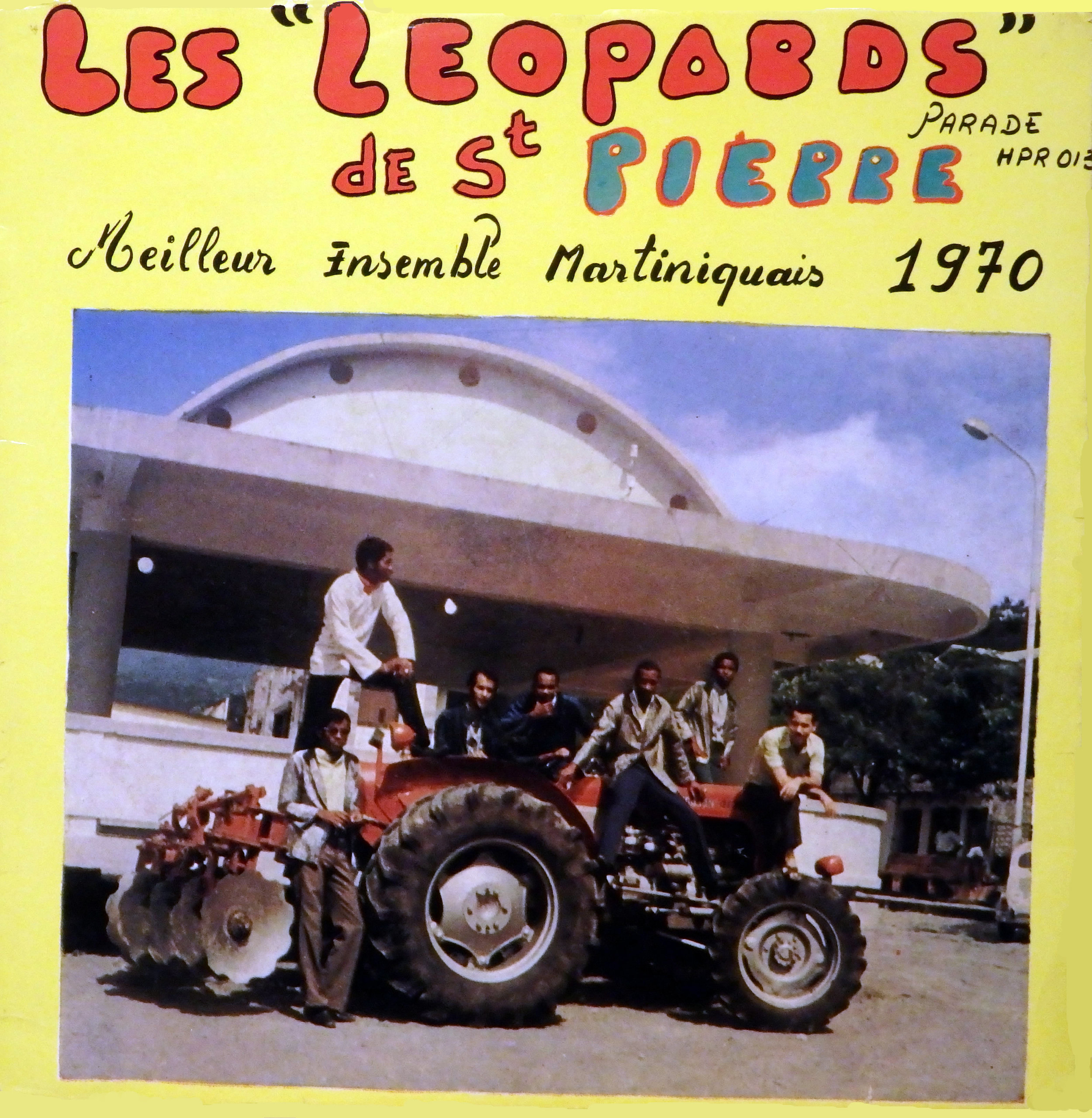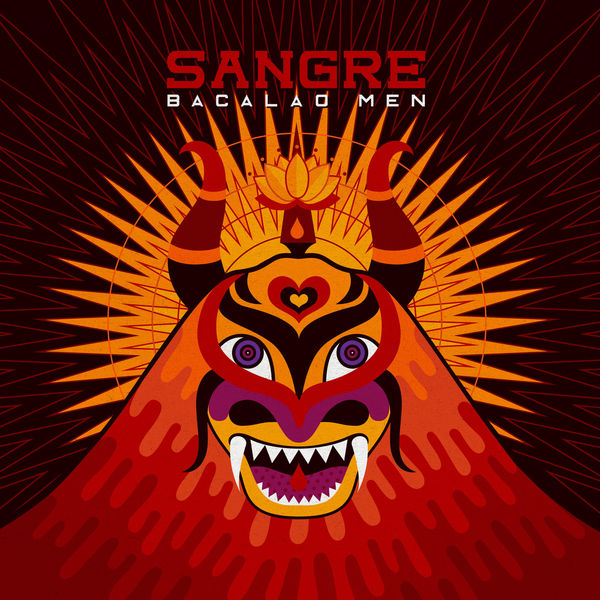Episode 05
Episode 05 was originally posted on July 9, 2018.
Tracklisting:
01) "Modern Wedding Song 1" by Les Cartes Postales Sonores // Mohori Ensemble.
From the 2015 album Khmer Traditional Music ||| Mohori Ensemble - Modern wedding songs.
Les Cartes Postales Sonores, or The Sound Postcards is a valuable resource for discovering music from around the world. From the Bandcamp page: "The Sound Postcards is a field recording project by Julien Hairon capturing the soundscapes, music and traditions of local and indigenous populations around the world." The recordings are made available for free, not only on Bandcamp but at the Free Music Archive. If you are unfamiliar, the Free Music Archive is exactly what it sounds like: free music galore! What a great way to explore music with little more at stake other than your time.
This short compilations features traditional wedding songs from Angkor, Cambodia played on the "Khim (struck string instrument) and the Ehru (bow instrument)."
02) "The Ghost You Love Most" by Qais Essar
From the 2018 album The Ghost You Love Most.
Essar's website describes him as "a contemporary Afghan composer, instrumentalist and producer who channels his melodic designs through the rabab, a 2,500 year old instrument from Afghanistan." We first heard about Qais Essar from this episode of PRI's The World on our local NPR station. Essar is an Afghan-American musician, based in Phoenix, Arizona who plays the rabab. His song "The Crown Sleeps" is featured in the fantastic 2017 film The Breadwinner.
03) "Inanay" by Tiddas
From the 2015 album The Rough Guide To Australian Aboriginal Music.
When exploring world music, it's always valuable to find compilation series you trust. The Rough Guide series is generally fantastic. They try to combine old and new material, presenting a good overview of each installment. This particular installment focuses on Australian Aboriginal Music.
Tiddas was an "Australian folk/acoustic trio whose three founding members were, Sally Dastey, Lou Bennett and Amy Saunders. They performed throughout Australia and Internationally from 1990 to 2000." The name "came from the Aboriginal word tiddas (meaning "sisters")." The three got their start together as the backing band for Aboriginal band Djaambi before branching out on their own.
04) "Gobbledigook" by Sigur Rós
From the 2008 album Með suð í eyrum við spilum endalaust.
Icelandic Post-Rock group was founded in Reykjavik, in 1994. The band's Facebook page says: "The band is known for its ethereal sound and lead singer Jónsi’s falsetto voice. Sigur Rós means Victory Rose, named after Jonsi's little sister." Allmusic says this 2008 album: found "the group adding fairly straightforward pop songs to its sound alongside the traditionally epic soundscapes."
05) "Not Quite Sure" by Ahmet Meter
From the 1993 album Türk Müziğinde Kanun ile Sevilen Şarkılar - Enstrümantal
When rabidly exploring music from around the world, it shouldn't be a surprise when a track seems to be incorrectly named. Our track is labeled as: "Ada Sahillerinde" but that doesn't seem to be a track on this album. So either we got the track name or album name wrong. Or both. Do you recognize this track? What we do know is that Ahmet Meter is from Turkey and is really good at the Qanun. Meter plays with the National Turkish Orchestra but we couldn't find much more information.
06) "Ounjaa Kieh Kieh" by Googoosh (Faegheh Atashin / فائقه آتشین)
From the 2005 compilation Golden Songs, Vol. 1
For those unfamiliar with the story of Googoosh, the LA Times sets the stage:
Few performers have had to endure the kind of disruption that befell the Iranian singer Googoosh when, at the peak of her fame, the 1979 Islamic revolution upended her career.
Overnight, the magnetic singer and performer known and adored by millions could no longer express herself through music in her home country — nor could she leave. Like all female performers after the Islamic Republic of Iran was established, Googoosh was banned from singing in public.
Pitchfork gives some background on Googoosh's groundbreaking career:
She was the first woman to star as a protagonist in an Iranian film, 1972’s Bita. She was also the first woman in Iran to incorporate modern dance movements into her performances, which often featured her clad in Western-style ensembles and a trendsetting mod bob haircut.
An important performer with a wide catalog.
07) "Inedir" by Asmara All Stars
From the 2010 album Eritrea's Got Soul
In 2010, upon the album's release, The Quietus noted: "Little music has been heard from Eritrea, a small country on the north east coast of Africa, by Western ears in recent years. Eritreans have had other things to deal with than releasing their music out into the wilder world, like years of war with neighbouring Ethiopia and a struggle for independence."
PopMatters gives further insight into the country's rough go: "The development of a tourism industry is hampered by certain obstacles: poverty, lack of infrastructure, and fields of unexploded land mines. Cows walk across the land mines and are never seen again." But despite difficulty, as Culture Trip notes, Asmara All Stars continue to present "a positive message which also engages with their country’s rich cultural heritage."
Purchase the album at Amazon
08) "Sahara" by Songhoy Blues
From the 2017 album Résistance
The band's Wikipedia page says: "Songhoy Blues is a desert blues music group from Timbuktu, Mali. The band was formed in Bamako after they were forced to leave their homes during the civil conflict and the imposition of Sharia law." The group is one of the principal subjects of the documentary film They Will Have To Kill Us First: Malian Music in Exile. The Guardian says that the band as wowed"international audiences with their mix of desert blues, funk, rock and, well, whatever takes their fancy." This particular track features Iggy Pop ranting about pizza or something.
09) "Dansez An Bel Merengue" by Les Léopards de St. Pierre
From the 1970 album Meilleur Ensemble Martiniquais 1970
We couldn't find out much about this one other than Les Léopards de St. Pierre is a Calypso band from Martinique. Do you know more about this one?
Watch some live videos at Youtube
10) "Futuro Mutante" by Bacalao Men
From the 2018 album Sangre.
Formed in 1999 in Caracas, Venezuela. The band's website describes their essence as: "intelligent lyrics, afrolatin beats with jolts of funk, hip hop and electronic."
Browse the Global Elite Music Map to see where in the world we've visited so far. Episode 05 is represented by the purple-ish points. To see individual episodes, toggle all back and forth-ish using the little window/arrow thing in the upper-left corner.


